A Plea for Children during the COVID-19 Pandemic
A Plea for Children
by Dr. Katreena Scott
I would like to make a plea for children whose fathers are abusive in their families. In Canada, as in many other places, we have different policies, programs and practices for responding to violence against women and for child maltreatment. This separation of response continues despite the fact that: a) a major form of child victimization is child exposure to domestic violence (perpetrated almost always by their fathers); b) fathers perpetrate about as much physical abuse against children as mothers and predominate as perpetrators of injurious and potentially lethal forms of abuse; c) mothering is a frequent focus of men’s abuse; d) men’s risk of perpetrating domestic homicide applies to their children; e) men’s perpetration of domestic violence and their maltreatment of children frequently co-occur… I could go on. Suffice to say that in our Covid 19 world, I am very worried about children living in families with men who cause harm.
Right now, we may be the only social service providers with expertise in violence talking to men. I am fully in support of the “pivot” recommended by the WWP European Network to a response focused on monitoring and managing immediate risk to potential victims of men’s abuse. For emphasis, I have put the list below of risk factors they this group emphasizes.
· Previous arrests for DV and convictions
· Court mandated clients
· Alcohol and drug use
· Previous severe episodes of physical violence
· Coercive controlling behaviors
· High jealousy and controlling behaviors
· Low motivation to change
· Doesn’t take responsibility for his violence
I would like to add to this list a few key risk factors for children that practitioners doing these critical check-ins can be aware of and listen for.
· Presence of infants, toddlers and young children – younger children are more vulnerable because they are more “breakable” and also because they have fewer strategies to manage their risk and escape from his violence
· Involvement of children as part of IPV episodes (could be a rationale for his abuse of their mother, children could be trying to intervene to stop the abuse)
· Expressions of hostility/rage/extreme frustration over a child not behaving the way he wants especially if escalating
· Support of aggression/corporal punishment as a means to control children
· Threats/fantasies about keeping children (i.e., “maybe I just won’t take them back after this access visit. It would serve her right”)
· Lack of appreciation about how his abuse is impacting his children (i.e., their fear, desire to distance themselves from him, anger/rejection of him) especially when these reactions become further justifications for his abuse (e.g. , “I’ll give him something to be afraid of”, “If she [mom] wasn’t so incompetent, I wouldn’t have to do this”)
I realize that many practitioners have been trained in an adult-focused world and may feel less comfortable talking to men about maltreatment of children. I come back to the fact that you may be the only contact with him in a family where the risk he poses to everyone is very high. Please consider adding these risk factors to you list of things to be aware of, ask about, monitor and respond to.
Katreena Scott, PhD. C. Psych.
University of Toronto
Caring Dads Author
To learn more about what Dr. Katreena Scott’s work outside of Caring Dads please visit this link:
https://www.oise.utoronto.ca/aphd/Home/Faculty_and_Staff/Faculty/1541/Katreena_Scott.html

